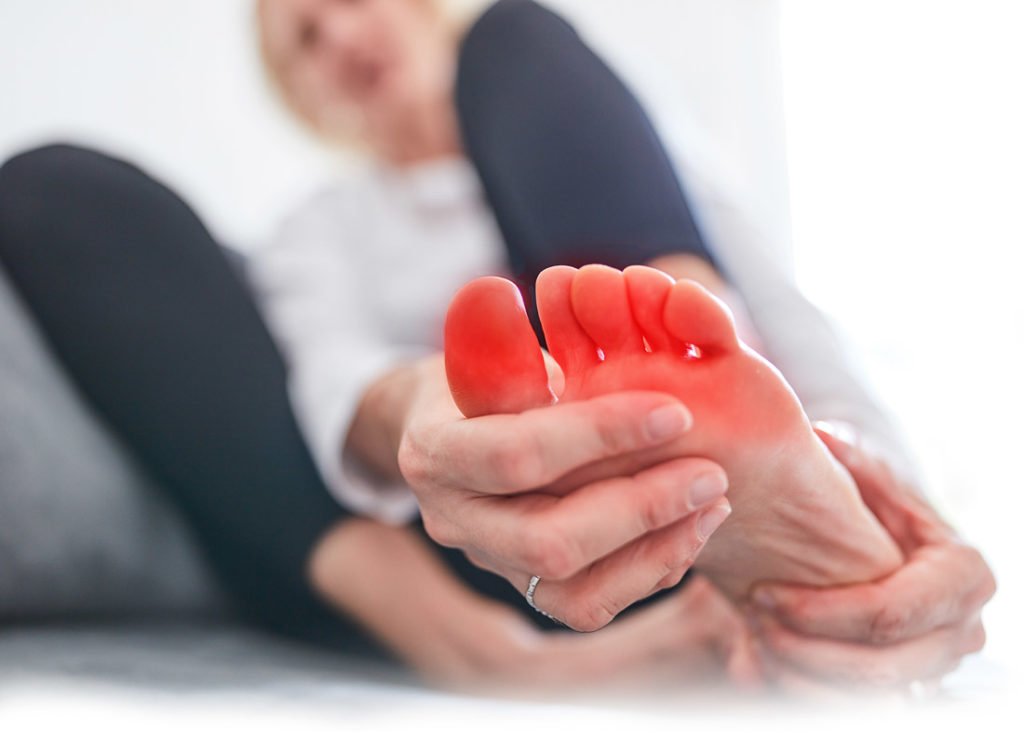30 million people in the United States with numbness, tingling, burning, or pains in their feet and legs.
0
3 million new cases in the United States of numbness, tingling, burning, or pains in their feet and legs each year.
0
50 percent of diabetics develop numbness, tingling, burning, or pains in their feet and legs.
0
%
18 percent of people with prediabetes suffer from numbness, tingling, burning, or pains in their feet and legs
0
%

